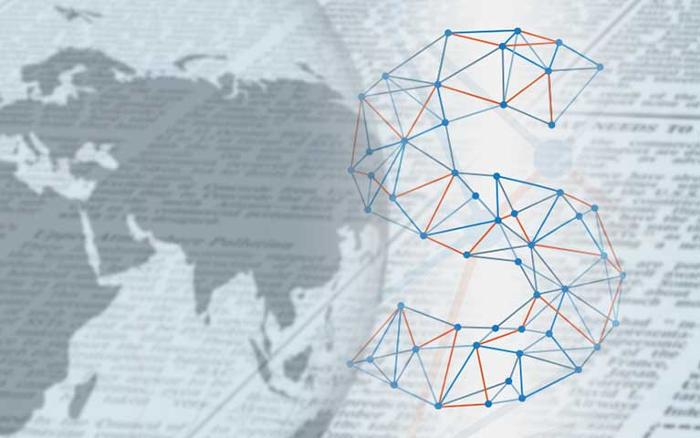

Remote management improves fire alarms and helps in emergencies

Remotely managing fire alarms leads to financial savings for companies and the Government, as they can make the most of the systems’ effectiveness and improve interventions, as stated by Carlos Chicharro, Director of the Active Area of TECNIFUEGO.
For many years now, fire detection installations have generated a large amount of information that is mostly never used, according to Carlos Chicharro, Director of the Active Area of TECNIFUEGO, the Spanish Association of Fire Prevention Companies. “Only specialised technical staff access this information occasionally during preventive maintenance or analyses it after a problem has come up, an incident, a false alarm or an event in the system that has no apparent explanation”.
But, “it is obvious that by only accessing this information occasionally and not performing a regular analysis, or monitoring it continuously, we do not know if the system is operating correctly, if it is reliable, and even if it is properly maintained”.
Chicharro explained that the development of fire-fighting technology means that the detection systems are increasingly efficient and safe, but he added that “most of the time they are not monitored by staff, aside from the fact that this staff may not be trained for it and, if they are, in the best-case scenario they are only there during business hours”. He notes that “the detection systems work 24-hours a day and not only during the time when we monitor them locally, and of course, they still generate information all the time”.
Advantages of remote management
According to the TECNIFUEGO expert, “the detection and alarm systems are there to warn us of a possible incident, so that we may begin evacuating and notify the emergency services; and for this we must monitor them and manage their information”. Therefore, “however efficient a system may be, if it is not monitored, most of the time it is useless; additionally, if the information is notified without being verified, in the event of false alarms we will generate distrust in the system and misuse the emergency services that come to assist us”.
Within this context, Chicharro says that there are many advantages to remote management, for example:
- Improved quality of the facilities because, as there is continuously more information on its status and behaviour, the failures and defects are immediately detected.
- Premises that are not occupied or outside of business hours can be permanently monitored and assisted.
- Ongoing supervision of the systems and information management guarantees maintenance reliability.
- Informing on and managing alarms with more information will make it easier and improve the intervention by the emergency services.
- Having continuous information on the system status and incidents allows to plan for predictive actions, reduces calls and determines obsolescence problems.




